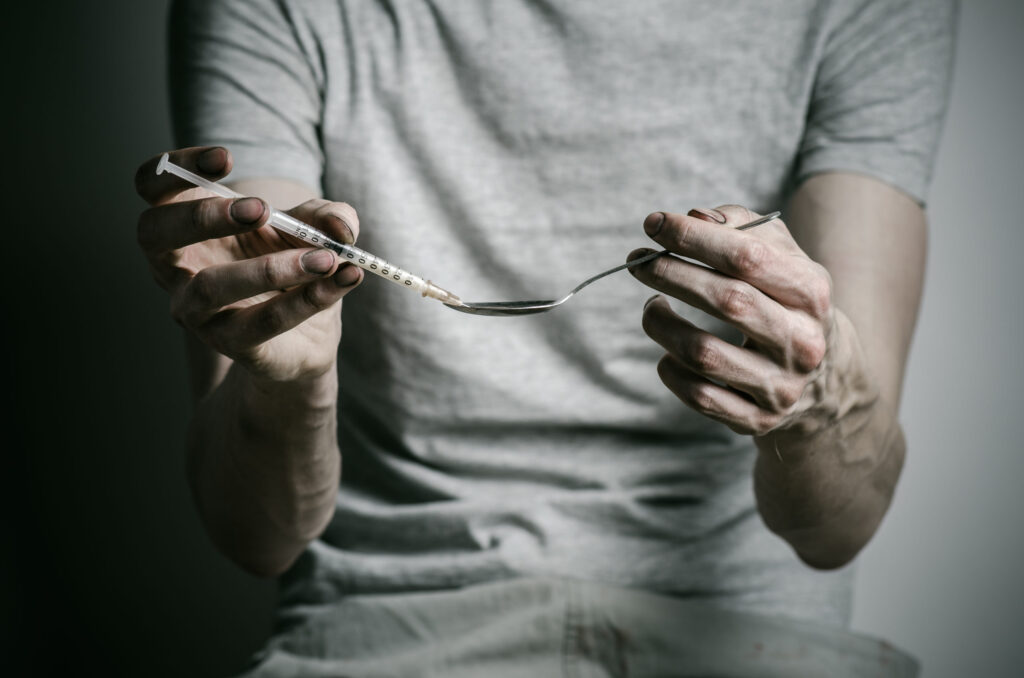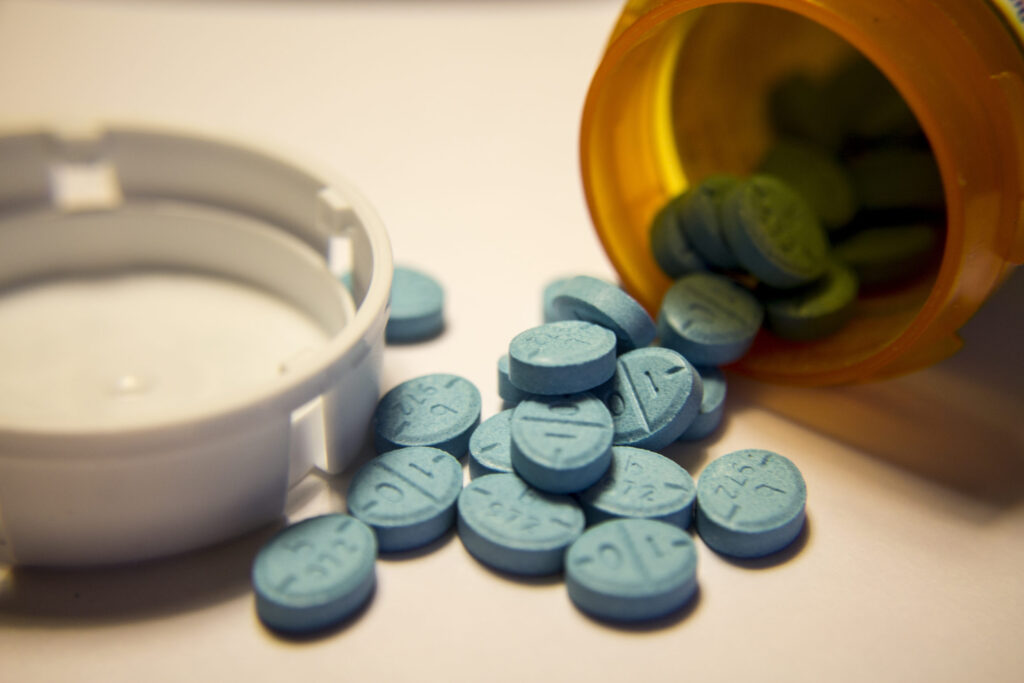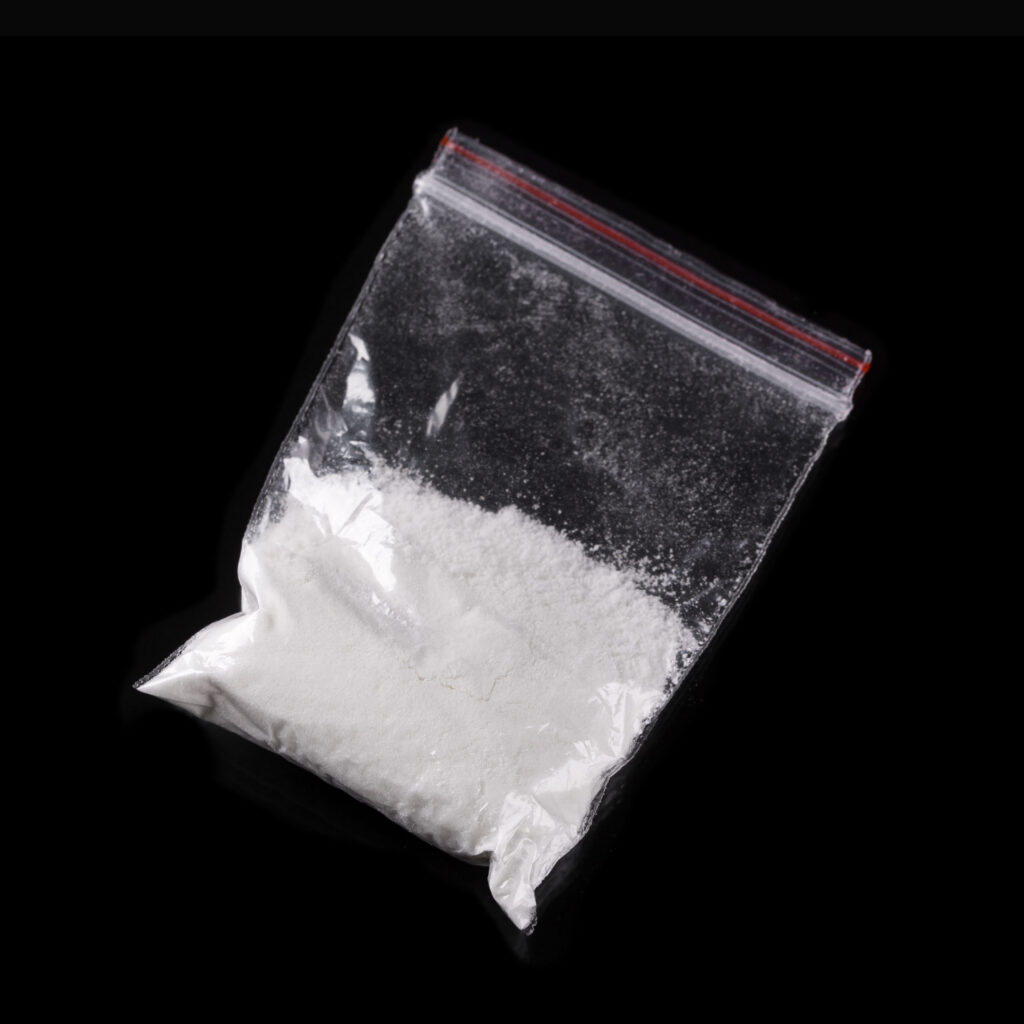4 Signs of a Prescription Pill Addiction

Each and every day people are prescribed prescription pills by their doctors. Whether these prescriptions are used for sleep aid or for pain relief, these drugs can be very addictive when used improperly. Here at Atlanta Recovery Place, we understand how hard it can be to overcome an addiction to something that has been prescribed […]
Making the Choice to Find Heroin Rehab Programs

It’s a huge life decision to decide to overcome a heroin addiction. Once you decide you are ready to quit using heroin, the next big decision to make is finding the right addiction treatment center for you. Well, look no further as Atlanta Recovery Place, located in Dunwoody, Georgia, is a great option for you. […]
How to Prevent Relapse Around the Holidays

The Holidays are a fun and joyous time of the year, but it can also bring about memories or stressors that lead to substance abuse. In short, the holiday season can be extremely triggering for recovering addicts. Here at Atlanta Recovery Place, we understand that the holidays can be stressful and bring about pressures that […]
Should I Go to Inpatient or Outpatient Rehab?

Finding a treatment program that fits your individualized needs is crucial when wanting to get sober and going through the recovery process. We understand that knowing the benefits of these programs helps our clients to decide which program may be best for them. Here at Atlanta Recovery Place, we know that addiction treatment isn’t one […]
Why You Should Go to a Sober Living in Atlanta

It’s not simple going back to ‘normal life’ after getting addiction treatment, and we completely understand that. In all honesty, it can be a struggle to find the support that is needed to continue remaining sober post addiction treatment. Recovery and sobriety are a lifestyle, some to be worked at daily in order to maintain […]
5 Signs of Adderall Abuse in College Students

College. What is portrayed in the movies as a fun, carefree time in someone’s life, it ultimately can end up being very stressful. College is often the first time in someone’s life where they create their own schedule. No parents are around to make sure they get up on time and attend class. The freedom […]
Can You Get Addicted to Cocaine?

When understanding addiction, it is important to know how certain substances affect the brain/cause an addiction. Here at Atlanta Recovery Place, we want to help you gain more knowledge about substances, substance abuse, and addiction. It is important to be able to comprehend why someone with an addiction is struggling to overcome, and more importantly, […]
Get Help With Addiction: Medication Assisted Therapy Near Me

When you think of going to rehab, you generally picture a drug free facility. While most people get sober by abstaining from drugs and alcohol, there are certain addictions that benefit from medication assisted therapy. No two addictions are alike, which is why at Atlanta Recovery Place we emphasize individualized care. To learn more about […]
CBT Therapy for Addiction

There seems to be so many different addiction treatments and treatment programs available to choose from. We understand that starting your journey to recovery may seem super overwhelming and daunting. Today we’d like to spend some time discussing a commonly used therapy in addiction treatment called cognitive behavioral therapy. This is a type of therapy […]
Fun Sober Activities in Atlanta

Something that may cross someone’s mind when getting sober is “well, what will I do for fun now?”. It can be very common to feel this way, especially after years of substance abuse. But have no fear, there are plenty of fun sober activities to partake in all over the country. Today we’d like to […]





